
Apr 15 , 2023
By Anna Bjerde
To reverse the losses of recent years and get developing countries back on track, we need to help governments achieve macroeconomic stability and develop business environments that are conducive to private-sector investment, writes Anna Bjerde, managing director of operations at the World Bank, in this commentary provided by Project Syndicate (PS).
Nowhere is the impact of recent crises – the lingering economic consequences of COVID-19 and the global spillover effects of Russia's war in Ukraine – being felt more acutely than in the developing world. People in poor countries struggle to cope with higher food and fuel prices and unsustainable debt, while schoolchildren still suffer from learning loss caused by the pandemic. In many places, economic growth has stalled.
Compounding these challenges, the effects of climate change are becoming even more pronounced, with floods, droughts, and crop failures threatening lives and livelihoods. And as the Intergovernmental Panel on Climate Change (IPCC) warned in its most recent report, the world must act immediately to ward off some of the more catastrophic consequences of global warming, which would hit the poorest and most vulnerable the hardest.
The global "polycrisis" poses an unprecedented threat to economic development. Creating a more resilient, sustainable, and prosperous future for all now requires redefining the fundamentals of growth to address new transnational threats. Responsiveness, innovation, international cooperation, and private-sector partnerships matter more than ever.
The World Bank, already the largest provider of finance for climate action in developing countries, is strengthening its operating model to respond rapidly to these changed circumstances.
When assessing low-income countries' prospects, the numbers speak for themselves.
In developing economies, growth over the remainder of this decade is projected to be one-third lower than it was in the 2000s. Recent crises have thrown tens of millions of people back into poverty. Instead of meeting the Sustainable Development Goals of ending extreme poverty by 2030, the current rate of progress implies that nearly 600 million people will still be living on less than 2.15 dollars a day.
The longer-term picture is equally bleak: COVID-related education shocks could cost today's students up to 10pc of their future earnings in low- and middle-income countries.
To reverse the losses of recent years and get developing countries back on track, we need to help governments achieve macroeconomic stability and develop business environments that are conducive to private-sector investment. Rolling out investment-ready capital projects that will underpin a more sustainable future, including renewable energy and climate-resilient infrastructure, is also essential.
And support for building strong and adaptive public health, education, and social welfare systems is needed to mitigate the impact of future crises.
The past three years have demonstrated the importance of scaling up crisis preparedness and improving response times.
The World Bank Group has provided a financing package of 170 billion dollars for the 15 months ending in June 2023 to help countries address the effects of multiple overlapping crises. Critically, this has included support for strengthening social-protection systems and food and nutrition security in some of the world's most vulnerable countries. Since February 2022, the World Bank has mobilized more than 23 billion dollars in financial support for Ukraine.
Targeted funds also play a crucial role in mitigating future disasters. For example, the World Bank's new Pandemic Fund will help low- and middle-income countries boost capacity in essential areas like disease surveillance, laboratories, the public health workforce, community engagement, emergency communication, coordination, and management.
Challenges that are fundamentally transnational or global in nature – particularly climate change – are driving the biggest shifts in development policy. Besides greater resources, progress will require fostering a knowledge-sharing culture, so that countries can quickly learn from one another and make better decisions under conditions of great uncertainty. Careful planning is also needed to ensure that projects will strengthen long-term resilience and are scalable through private-sector investment.
Tackling global warming may seem daunting, but the recent IPCC report offers some hope. It notes that several mitigation technologies – especially those focused on improved land use and renewable energy – have become cost-effective in recent years.
Moreover, policies to accelerate the uptake of these technologies, reduce deforestation, and improve energy efficiency have led to significant reductions in greenhouse-gas emissions in some sectors. With international support, such advances could be a boon for developing countries.
Above all, the new challenges require greater cooperation between countries and increased commitment on the part of the international community. Here, too, there is hope. The world has just experienced a deadly pandemic that could have been even deadlier without cross-border collaboration. Working together, we produced and distributed effective vaccines at record speed. With global shocks showing no signs of abating, and with developing economies bearing the brunt of their impact, this type of shared commitment and united action must become the new normal.
PUBLISHED ON
Apr 15,2023 [ VOL
24 , NO
1198]

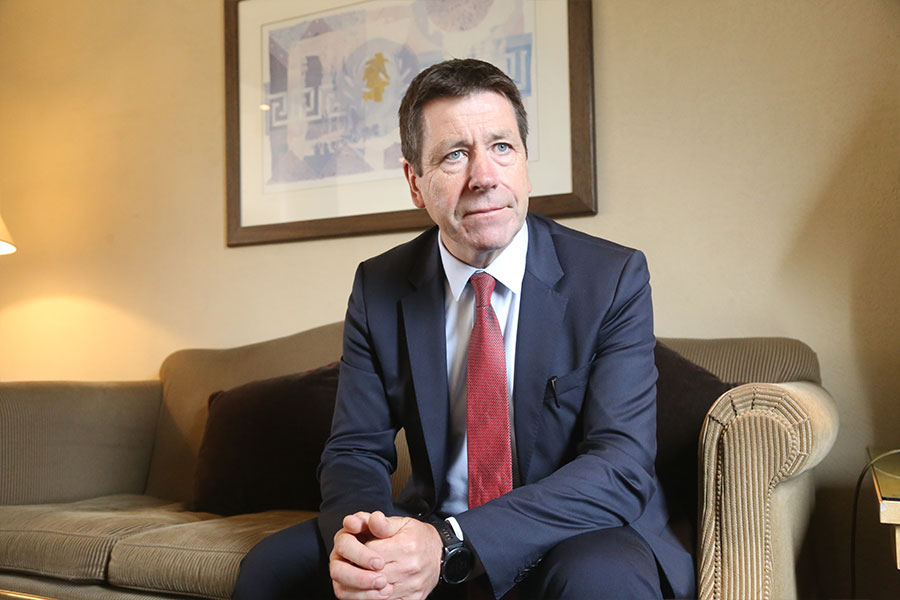
Addis Fortune | Aug 01,2022

Fortune News | Jun 20,2025
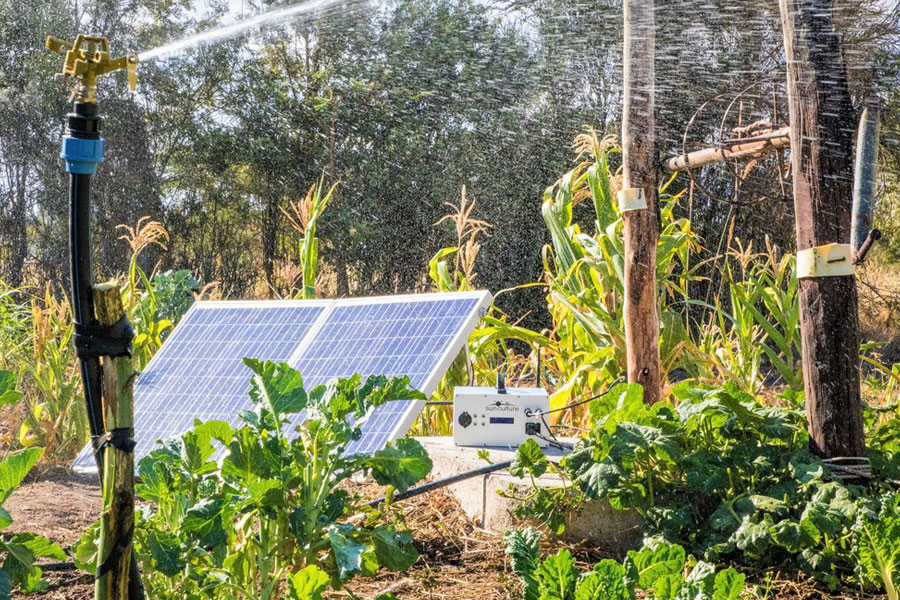
Fortune News | Apr 03,2023
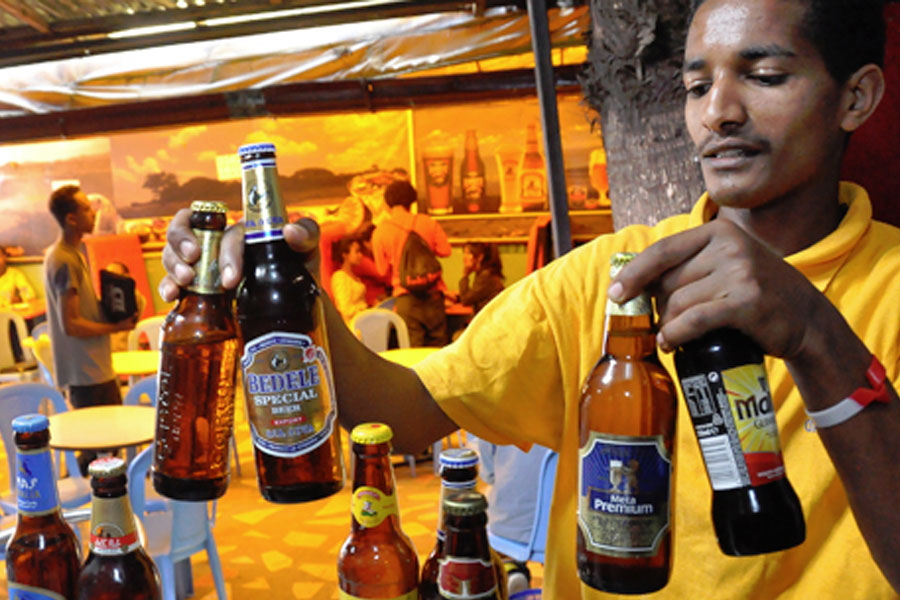
News Analysis | Mar 04,2023

Radar | Jun 29,2019
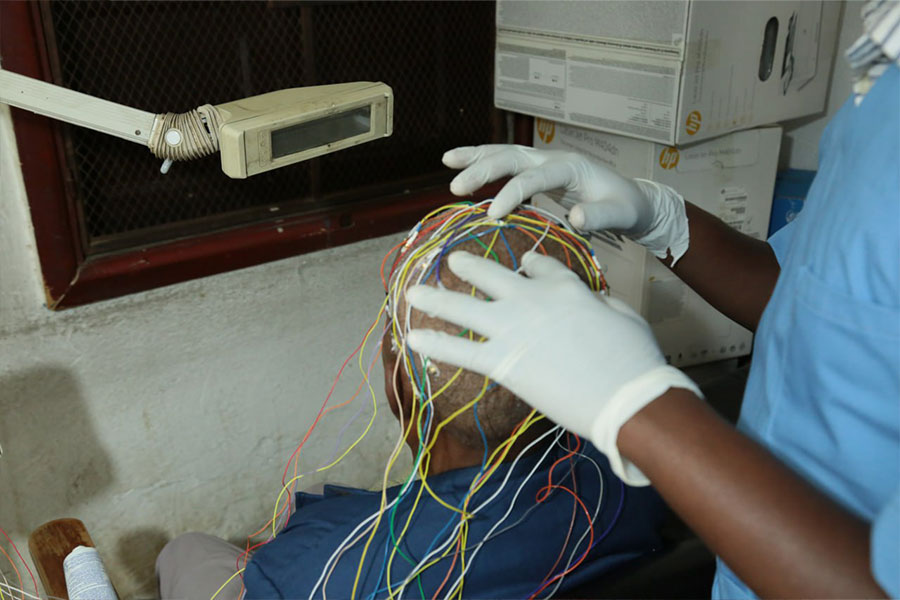
Agenda | Oct 28,2023

Radar | Nov 27,2023
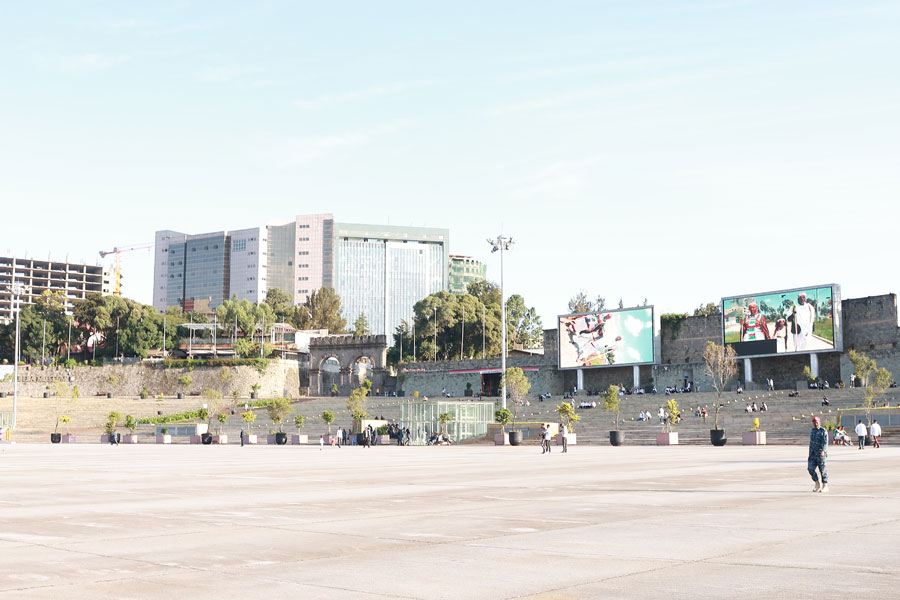
Fortune News | Oct 21,2023

Fortune News | Jul 18,2020
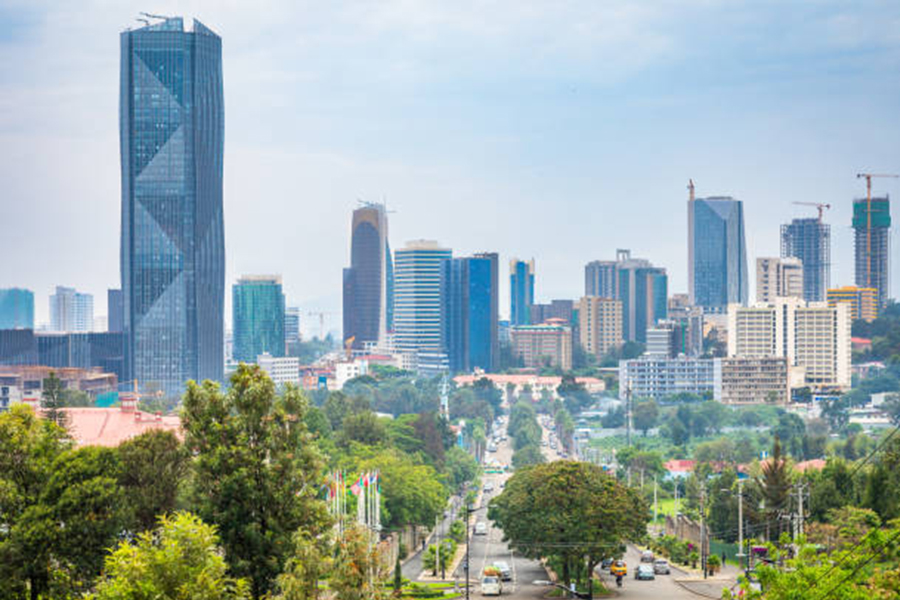
Fortune News | May 23,2025

Photo Gallery | 174336 Views | May 06,2019

Photo Gallery | 164562 Views | Apr 26,2019

Photo Gallery | 154726 Views | Oct 06,2021

My Opinion | 136663 Views | Aug 14,2021
Editorial | Oct 11,2025

Dec 22 , 2024 . By TIZITA SHEWAFERAW
Charged with transforming colossal state-owned enterprises into modern and competitiv...

Aug 18 , 2024 . By AKSAH ITALO
Although predictable Yonas Zerihun's job in the ride-hailing service is not immune to...

Jul 28 , 2024 . By TIZITA SHEWAFERAW
Unhabitual, perhaps too many, Samuel Gebreyohannes, 38, used to occasionally enjoy a couple of beers at breakfast. However, he recently swit...

Jul 13 , 2024 . By AKSAH ITALO
Investors who rely on tractors, trucks, and field vehicles for commuting, transporting commodities, and f...

Oct 11 , 2025
Ladislas Farago, a roving Associated Press (AP) correspondent, arrived in Ethiopia in...

Oct 4 , 2025
Eyob Tekalegn (PhD) had been in the Governor's chair for only weeks when, on Septembe...

Sep 27 , 2025
Four years into an experiment with “shock therapy” in education, the national moo...

Sep 20 , 2025
Getachew Reda's return to the national stage was always going to stir attention. Once...

Oct 12 , 2025
Tomato prices in Addis Abeba have surged to unprecedented levels, with retail stands charging between 85 Br and 140 Br a kilo, nearly triple...

Oct 12 , 2025 . By BEZAWIT HULUAGER
A sweeping change in the vehicle licensing system has tilted the scales in favour of electric vehicle (EV...

A simmering dispute between the legal profession and the federal government is nearing a breaking point,...

Oct 12 , 2025 . By NAHOM AYELE
A violent storm that ripped through the flower belt of Bishoftu (Debreziet), 45Km east of the capital, in...